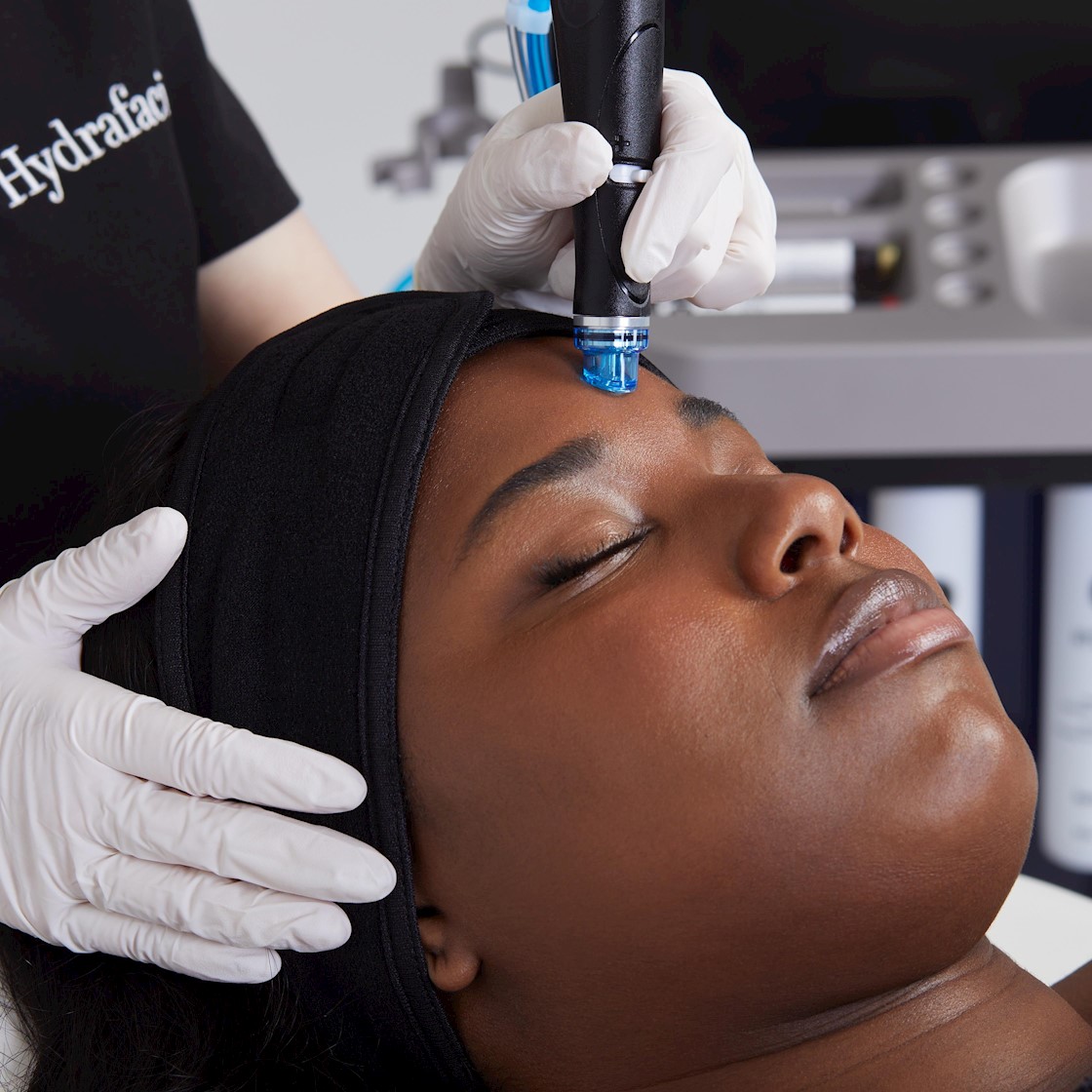The French government is considering a bill, which if passed, would ban social media influencers from promoting cosmetic surgery as part of paid partnerships. It would also make it mandatory for content creators to clearly label filtered and doctored images, or they could be handed harsh penalties.
The move is designed to help tackle a self-esteem crisis, especially in young people, that is perceived to stem, at least in part, from misleading imagery on social media. French influencers could face up to two years in jail if they do not comply with the proposed rule changes.
Discussions about the bill started within the French government in late March 2023. According to Women's Wear Daily, the country’s finance minister Bruno Le Marie said the restrictions would “limit the destructive psychological effects of these practices on Internauts’ esteem” and that there would be a “zero-tolerance approach” to anyone who ignores the rules.
Le Marie also told the French public broadcasting service Franceinfo that “influencers must be subject to the same rules as those that apply to traditional media,” and stressed that the internet “is not the Wild West”.
According to the bill, breaches of the new law would not only include jail time of up to two years; influencers that are found guilty would also face a €30,000 fine (£26,312) and be unable to continue using social media to advance their careers.
Furthermore, the bill covers both French influencers and those who live abroad but earn money from sponsoring products sold in France. That means there are potentially global consequences for both influencers and aesthetic clinics wishing to use influencers to promote their services.
This is not the only time that the French government has attempted to tackle self-esteem issues through media regulation. In 2017, a law was passed in the country that required the words “photographie retouchée” (retouched photograph) to accompany all advertising images where a model’s body had been altered.
In the UK, back in 2021, the Advertising Standards Authority also ruled that influencers need to state when they use filters to promote beauty products. The same year, Norway passed a law that requires images where a subject’s body size, shape, or skin has been altered to carry a label designed by the government ministry.
However, research remains inconclusive on how much this signposting helps tackle self-esteem issues. A study by the University of Warwick found that flagging models as ‘enhanced’ or ‘manipulated’ may increase a desire to emulate their appearance.
Whether the French government passes the bill remains to be seen, but aesthetic doctors across the globe should keep abreast of the developments, to future-proof their influencer-led marketing strategies.



